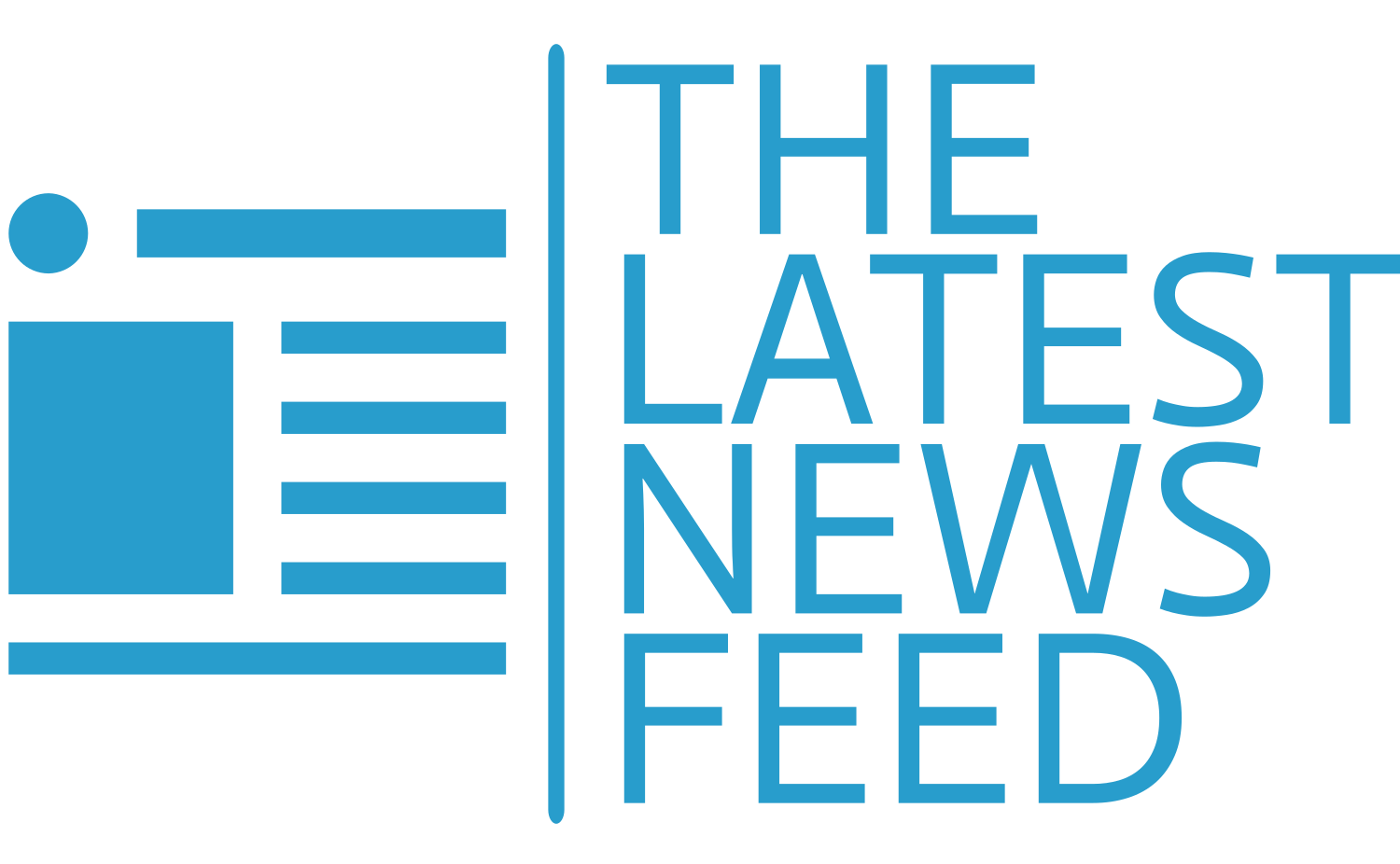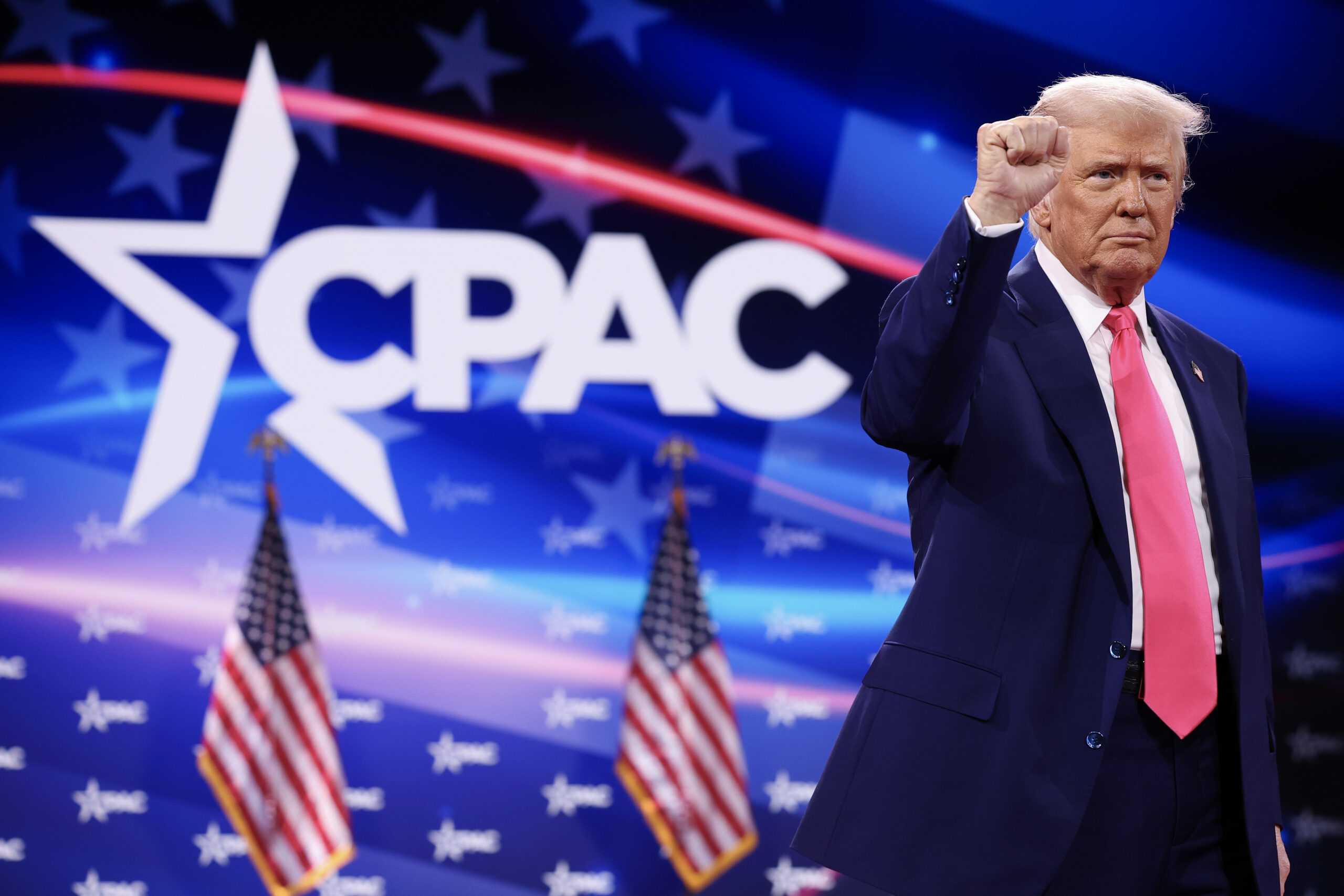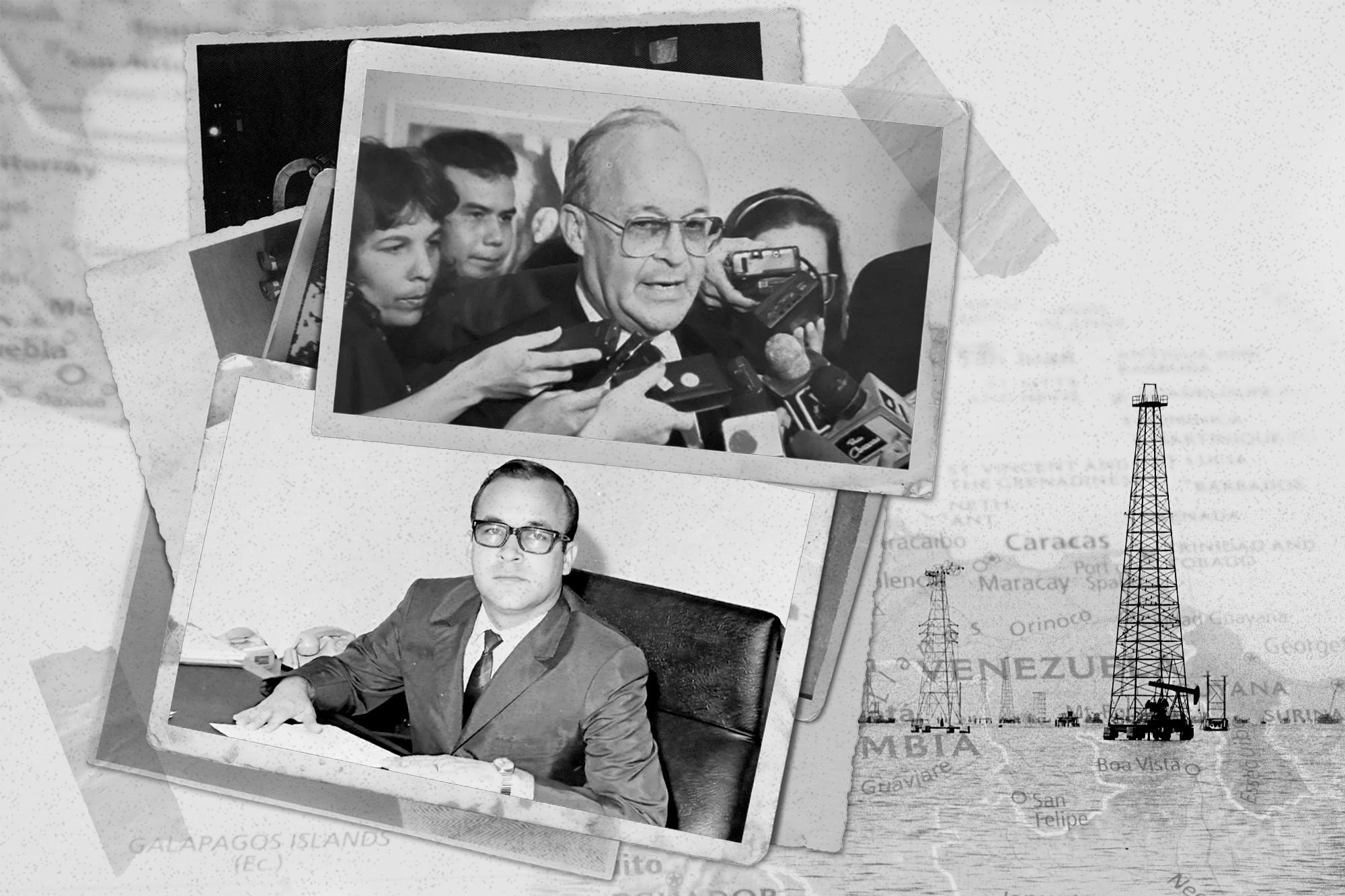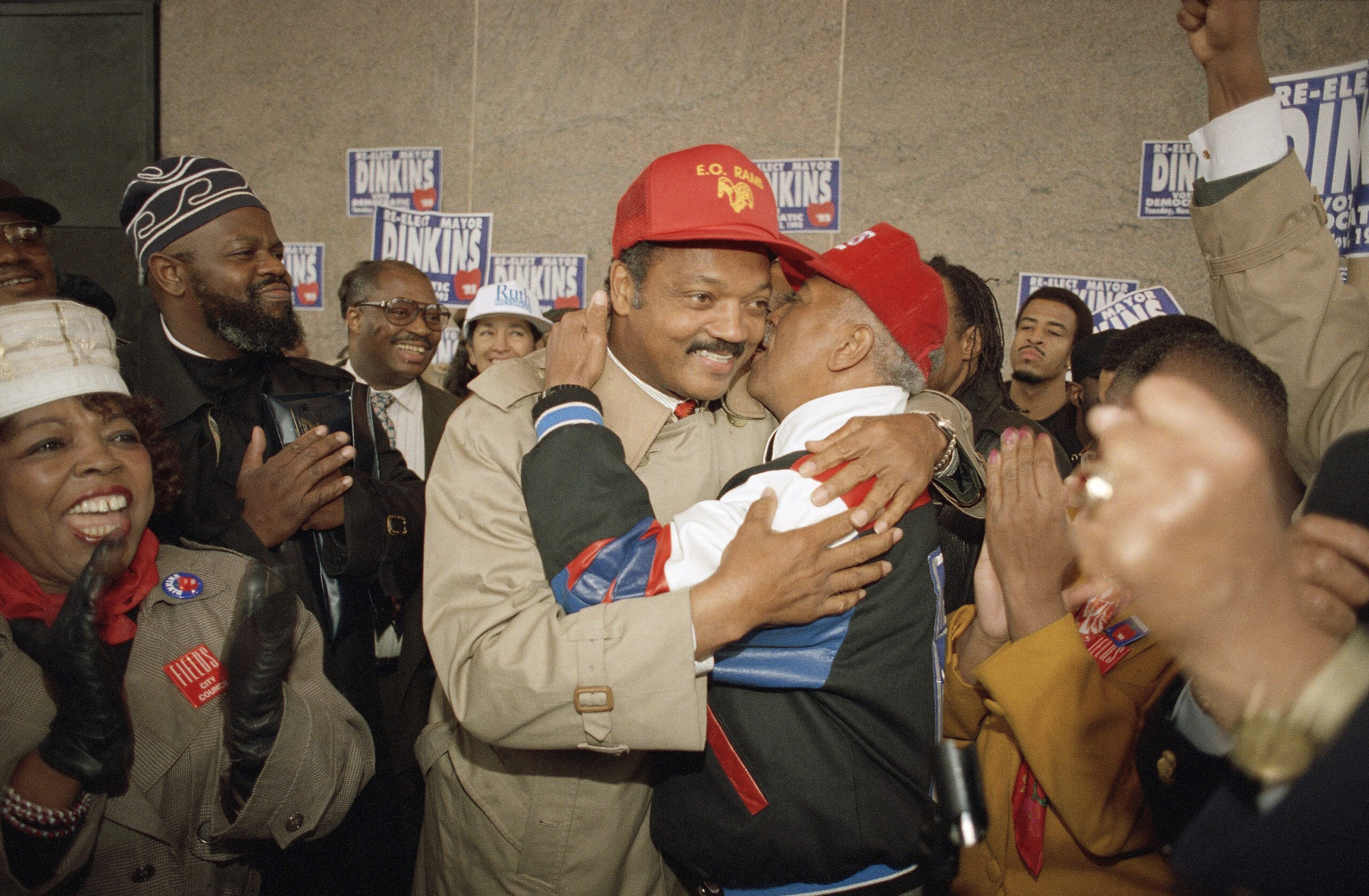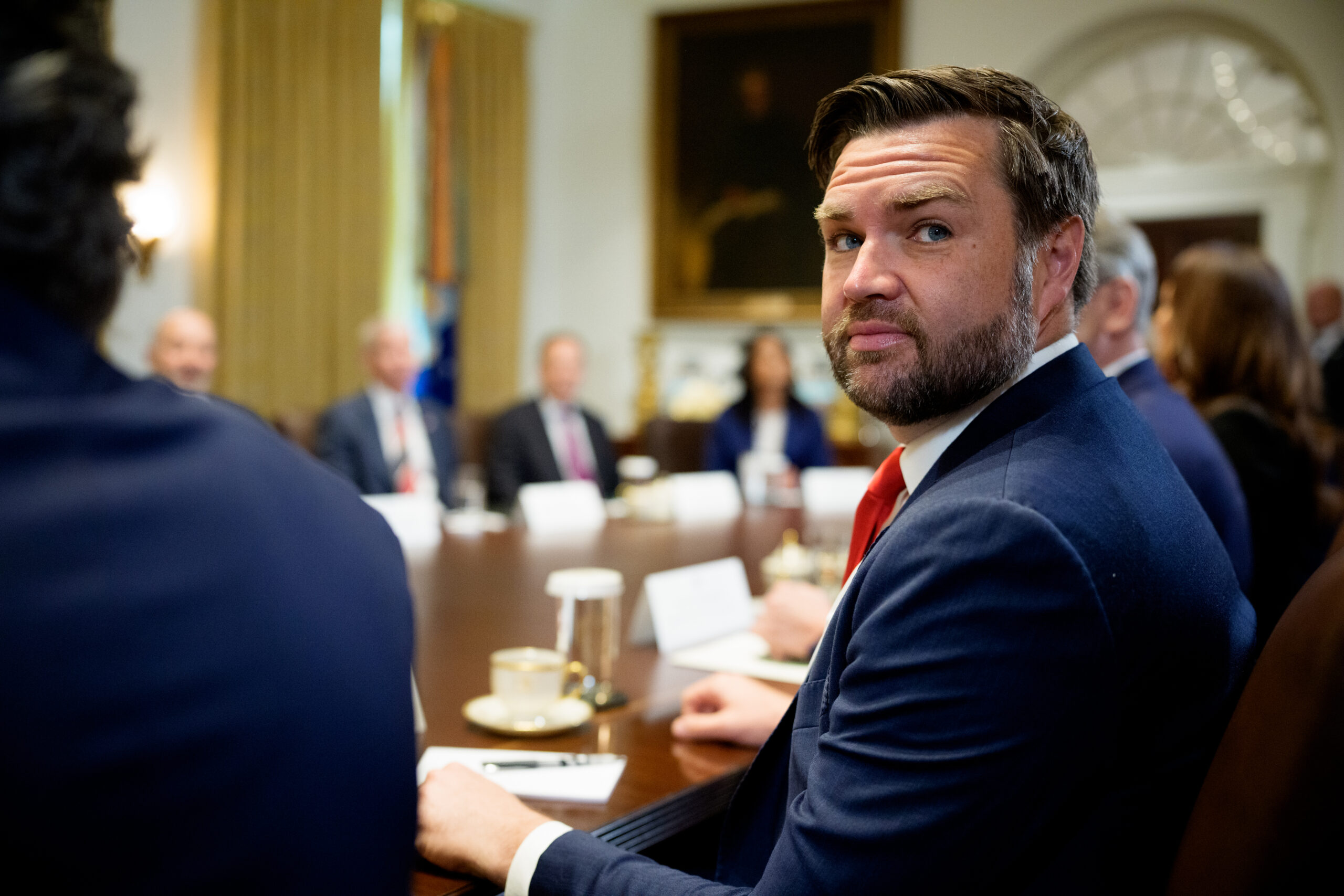In 2017, President Donald Trump was almost the only nationalist populist leader in the West. Liberal democracy — its protection at home and its promotion abroad — was the political default across America and Europe. The United States’ marquee conference for hard-right conservatives, CPAC, featured only one major foreign speaker that year, Britain’s Nigel Farage, who had just resigned as leader of the United Kingdom Independence Party after a successful Brexit campaign.
Eight years later, Trump has been joined on the world stage by a plethora of right-wing populists, and nationalism has gone mainstream. CPAC 2025 was a verifiable international event, with guests ranging from Argentina’s President Javier Milei to Slovakia’s Prime Minister Robert Fico to Italy’s Prime Minister Giorgia Meloni, among many others.
But while it’s clear that nationalism is having a moment, for now it’s just that: a moment.
As an American conservative who has longed to see Western nationalists working together, it’s certainly exciting to see. If nationalists play their cards right, they can use their electoral successes to redefine the West’s default political language, replacing the liberal democratic ideal with a new commitment to nationalists’ preferred ideal of Western civilization, particularly its commitment to prioritizing national interests and the promotion of Christian values over globalism and cultural diversity.
But this is a moment which could quickly pass if the Western populist-right remains unorganized. Whether populist nationalism can become a sustained, global movement is still an open question.
Western right-populism, on both sides of the Atlantic, has long been held back by three crises: a crisis of legitimacy, a crisis of mutual distrust and a crisis of longevity. The first two have, finally, been largely solved. But it’s the third, the issue of longevity, that still looms large.
Legitimacy is often an issue for populist movements, as populism is a strike against establishment ideas — and striking against an establishment brings instability. While groups like the American Birchers in the late 1950s and the French National Rally in the 1980s experienced plenty of surges in the second half of the 20th century, they usually crashed quickly. Western populations were not yet feeling concerned enough about societal shifts or international issues to risk the instability populist control could bring.
Another issue for populist legitimacy is that populist-right movements often organize themselves around individuals. While some of those individualized movements, like the ones around Trump or Hungary’s Viktor Orbán, have been successful in bringing their leaders to power, others have not. France’s Marine Le Pen, for example, refuses to exit the political stage, even though she has lost two presidential elections. (It is an open question if she will be able to run at all in the next presidential elections, having been banned by a Paris court from running; her appeal will be heard next summer.) Her unpopularity has made it harder for her party to gain power, and therefore gain political legitimacy.
Mutual distrust between American and European populists has been another cause of a lack of Western right unity. Many European parties, like Austria’s Freedom Party and the Alternative for Germany, or AfD, for example, have seen America as imperialistic. And the American populist-right was generally uninterested in Europe, seeing European countries as hangers-on.
But at the turn of the 2020s, pan-Western populist-right connections grew firmer. More right-wing populists gained or grew in power, and electorally incompetent populists were pushed aside. Orbán founded a new European parliamentary political group, Patriots of Europe; it quickly became the European parliament’s third largest. The European right also demonstrated an ability to work together, supporting resolutions promoting border walls and the establishment of third-country migrant processing centers.
Europeans also made their way to America. One such meeting, a New York Young Republicans event in 2023, saw populist-right Austrian politicians mingling with Republicans. And last year, Meloni — also in New York — espoused her vision for a pan-Western patriotism at an Atlantic Council event. Trump met with Orbán in Florida multiple times between his terms, and came close to holding a campaign event in Pennsylvania with Polish President Andrej Duda.
Thousands of young conservatives also took part in cross-Atlantic initiatives, such as the Matthias Corvinus Collegium, a conservative academic institution in Hungary affiliated with Orbán’s government, and other so-called NatCon events held in Europe and America.
Both sides came to realize a healthy trans-Atlantic conservative populism legitimized their movements at home as well as abroad. In Trump’s first term, his opposition was able to portray him as illegitimate. “This is not normal!” was a repeatedly heard refrain. Regular reference was made to how he had no friends in Europe.
But now, Trump has genuine allies throughout the West. CPAC was not the first international hard-right event of his second term: That title belongs to his inauguration. The preponderance of right-wing populists invited to that event — Italy’s Meloni, Argentina’s Milei, Belgium’s Tom Van Grieken, Hungary’s Orbán, France’s Eric Zemmour, El Salvador’s Nayib Bukele, and more — indicates Trump takes seriously his connections to like-minded Western populists.
European nationalists also discovered the new Republicans were not imperialists seeking to colonize Europe; in fact, they wanted Europeans to defend themselves. Trump’s continued existence in global politics, and the normalization of his ideas, also helped European populists put forward proposals which would have been totally unacceptable a decade ago, like their embrace of border walls. It is not coincidental that shouts of “Remigration!” propelled the Austrian Freedom Party and the German AfD to new political heights the same time Trump was embracing mass deportations. This all has fomented a sea change in European populist thinking; even the once America-skeptical Freedom Party wants to do more to connect with Republicans, and is seeking to do so through Orbán’s connections to the GOP.
The second Trump administration’s direct actions have also aided European populist leaders. Shuttering USAID and other State Department programs included the cancellation of millions of dollars in contracts to “civil society” organizations in Hungary — in reality, anti-Orbán operators.
So the crises of legitimacy and distrust have been largely resolved. Populistic nationalism is now mainstream, and in many Western countries it has entirely replaced the old center-right.
But the third crisis, longevity, still exists. After all, becoming mainstream guarantees you have a chance of winning power — but a few bad elections can end your moment quickly.
And it is another thing entirely to become a country’s political default, crucial for longevity. In the West, the political default has been liberal democracy. Internally, liberal democracy — though in the 21st century, one could call it progressive democracy — was protected by governments. Externally, liberal democracy was promoted through speeches, aid grants and even wars, including those in Iraq and Afghanistan. Liberal democracy being the default also forced dictatorships like Russia to go through democratic motions, like periodic national elections and pretending Moscow’s Supreme Court is in any way independent of the Kremlin.
Displacing liberal democracy will be difficult. But external threats, namely the rise of China, which threatens to split the West, are also a concern. As Secretary of State Marco Rubio has said, the world is now multipolar. National interest now drives foreign policies, which means careful work will be needed to keep the West together.
Can the Western populist right solve the crisis of longevity? Can their ideology become the political default? These questions are particularly acute at this moment, when it appears that at least some nationalist movements don’t see eye-to-eye with Donald Trump over support for Ukraine, for instance. And in some countries, such as Canada, anti-Trump sentiment seems to have depressed support for conservative movements. But unlike the former mutual distrust, these disagreements amount more to intra-familial disagreement.
Still, for populist nationalism to replace liberal democracy as the global default, the populist-right should rally around a clear goal that is larger than a single leader or a single country. Here, the roadmap has already been laid out: Western nationalists should redouble their efforts to promote the idea of “Western civilization.”
Western civilization, which rejects the notion of one global civilization and instead focuses on prioritizing Western interests, brings with it a set of values that includes individualism, Christian social thought, and representative — though not necessarily liberal or progressive — democracy. It has been a cause célèbre for right-populists since the beginning of their surge. One major indication a populist wave was forming was the sudden popularity in European “Identitarian” movements in the early 2010s, which opposed multiculturalism and globalism. These groups used the Greek lambda as their symbol, harkening back to the earliest days of the West.
As populists have gained power, they have talked more about saving Western civilization. Meloni touched on this frequently before becoming prime minister and has continued to while in power, most recently in her address to CPAC 2025. There, she said the West should not be seen “just as a geographical space, but as a civilization … born from the fusion of Greek philosophy, Roman law and Christian values.” Later in the same speech, she defended Vice President JD Vance’s speech in Munich, saying he was correct to argue that “before we [discuss] security, we must know what we are defending.” Trump struck a similar note in 2017, arguing in a speech in Poland that the “fundamental question of our time is whether the West has the will to survive.”
This has all come after decades of removing discussion of Western civilization from the mainstream. Though “West” was still used as a geographical term, students across America and Europe were not raised to think of themselves as members of a distinct civilization, unlike Russian or Chinese students. “Western civilization” was no longer even required in universities. It seemed an idea of the past, not the present or the future.
Liberal democrats sought to replace “Western civilization” with a focus on creating a global community. But with multipolarity emerging, that attempt has failed. Replacing that failure with a new emphasis on belonging to one singular Western civilization would help both America and Europe geopolitically and societally — and would help make right-populism the political default.
As Meloni and Vance argued, one needs to understand what they are defending before they defend it. In Europe, the “what” is something of a mystery. Are Europeans seeking to defend the European Commission, or some other bureaucratic organization? Not exactly inspiring. But Western civilization, something which harkens back thousands of years — that will be something people will, literally, fight for.
Likewise, America has always been inspired by ideas. Ever since Thomas Jefferson wrote of America as an “Empire of Liberty,” it has thought itself exceptional. Jefferson was followed, decades later, by Manifest Destiny, expansion to the Pacific. Following that was a desire to extend into the Pacific. Woodrow Wilson came later, beginning America’s slow transformation into a globe-trotting crusader.
To be clear, a realist foreign policy is the best way forward in multipolarity. However, hard-edged realism is not quite inspirational to your average non-policymaker. But America, acting in concert with the rest of Western civilization, struggling together once more in a multipolar world? That could do it.
Geopolitically, a “Western bloc” would be help both America and Europe. If Russia and China, the other two poles in the coming world order, combine their resources — as they are currently doing — they will be incredibly powerful. By linking itself to a Europe willing to (and inspired to) defend itself, America can ensure Europe acts as a bulwark against Russia while pivoting to Asia. This latter step — Europe being willing to defend itself — is crucial, as even now, Europeans are still dragging their feet on increasing spending.
The emergence of this Western bloc amid a multipolar world order would create a civilizational alliance that would be very hard to break. And centrist or center-left governments would find themselves speaking the language of Western civilization, as many conservative governments were forced to speak the language of liberal democracy for much of the 20th century.
To make this a reality, pro-West parties and populations will need help. Liberal democrats had financial aid from individuals like George Soros, whose Open Society Foundation spent millions around the West in support of progressive causes, candidates and organizations. He even founded a university, Central European University, now located in Vienna. These actions helped keep liberal democracy the default: When liberal democrats lost control of government, they still had networks to lean on.
Populist-right figures should create similar networks now. Individuals like Elon Musk — who has vocally supported Western populists — should found institutions which can support these causes and candidates. Institutions which already exist, like the International Republican Institute — which receives government funding and has spent decades pursuing the spread of liberal democracy — can be repurposed toward the promulgation of Western civilization.
Western populism is now seen as a legitimate political force. Mutual distrust on both sides of the Atlantic has been replaced with a desire to work together.
Western populists need to seize their chance. That means politically homing in on a resuscitation of Western civilization as an organizing ideal, getting allies to help create institutions which can keep the fire burning when inevitable electoral losses occur, and preparing for the geopolitical combat inherent to a multipolar world order.
Making the West great again will not just aid populists politically. It will do something more important: Inspire Westerners on both sides of the Atlantic for decades to come. Youth throughout America and Europe, instead of being told they are members of a paradisical global society, will be brought up understanding they are part of an ancient and storied civilization. The countries which make up that civilization will have disagreements. But like a family, they will understand that they all share one common, civilizational home.
One worth fighting for.
